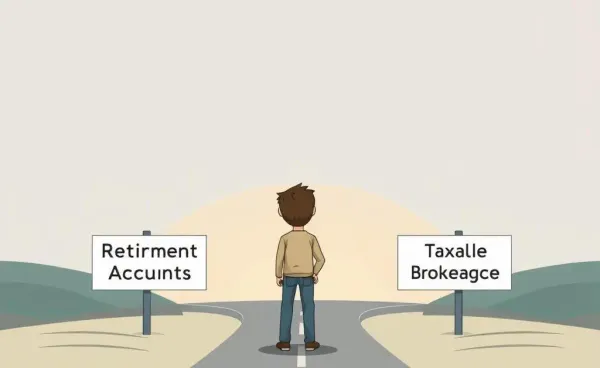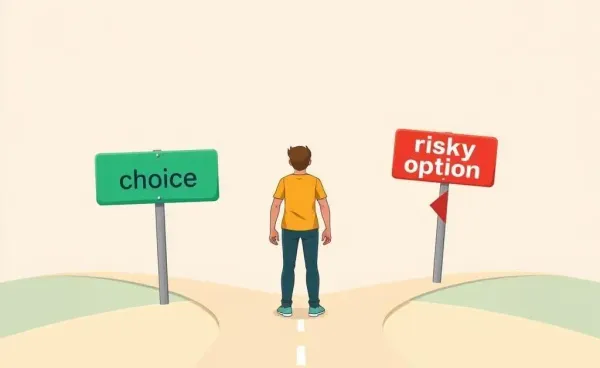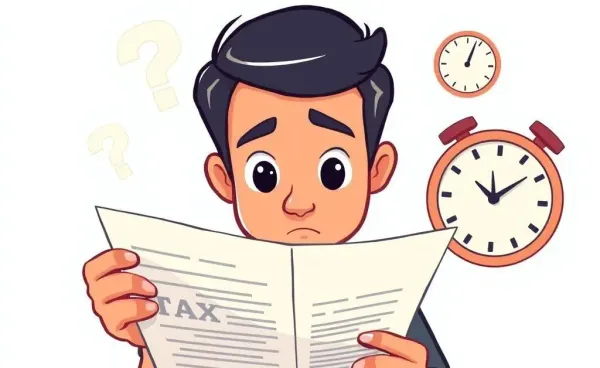Riding the Waves: Lessons from Past Market Crashes
Discover valuable investment insights from past market crashes.
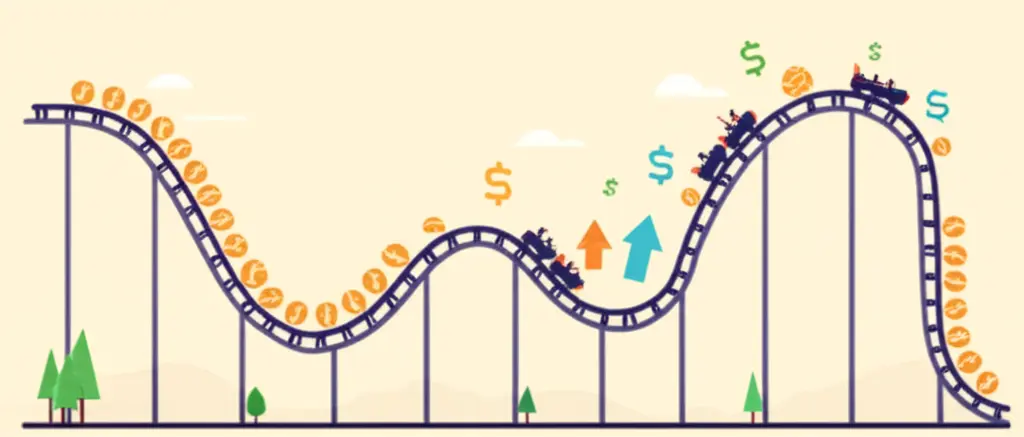
Hey there! Have you ever wondered what it must have been like to experience market crashes like the dot-com bubble or the 2008 financial crisis? While each economic downturn has its unique story, they all tend to offer similar lessons for today's investors.
What Causes Market Crashes?
Before we dive into specific insights, let's talk about why market crashes happen in the first place. Typically, they occur when asset prices rapidly surge beyond their intrinsic values, followed by a sudden realization of the discrepancy. As you might've guessed, emotions and speculation play significant roles here.

Lessons from the Dot-Com Bubble
During the late 1990s, the excitement around the internet led to an astronomical rise in tech stock valuations. When the bubble burst, many investors suffered massive losses. The key lesson? Avoid the hype. Stay grounded in fundamentals rather than following the crowd. If a stock seems too good to be true, it just might be.

Strategies from the 2008 Financial Crisis
The 2008 financial crisis highlighted the perils of debt and leverage. Banks and investors alike paid a hefty price for risky loans and weak financial products. The takeaway? Diversify your portfolio and keep debt to a minimum. By spreading your investments across a range of asset types, you can mitigate risk and potentially cushion future blows.
Timing the Market vs. Time in the Market
If there's one evergreen debate among investors, it's whether to time the market or to simply ride the waves. Historical data shows that those who keep their investments long-term tend to fare better than those attempting to predict market movements. It's crucial to remember: patience is a virtue.
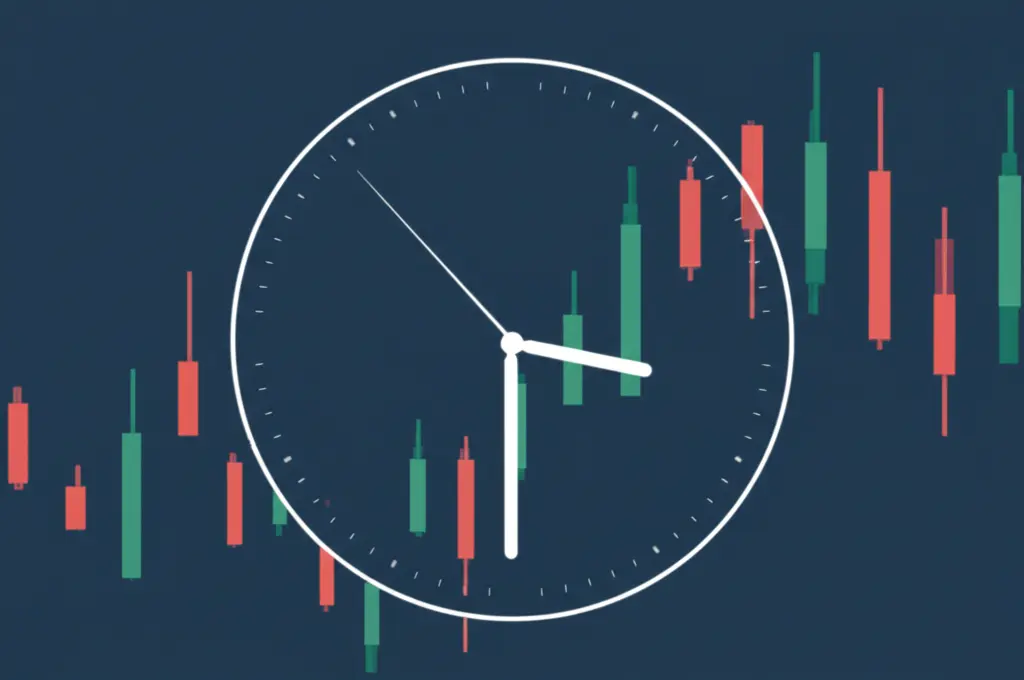
In Closing: Embrace the Lessons
Learning from past market events can be invaluable. While no one can predict the future, understanding historical trends can guide smarter decisions today. So, how do you plan on using these insights? If you found this conversation engaging, I'd love to hear your thoughts and any additional lessons you've gleaned from your own investment journey!

